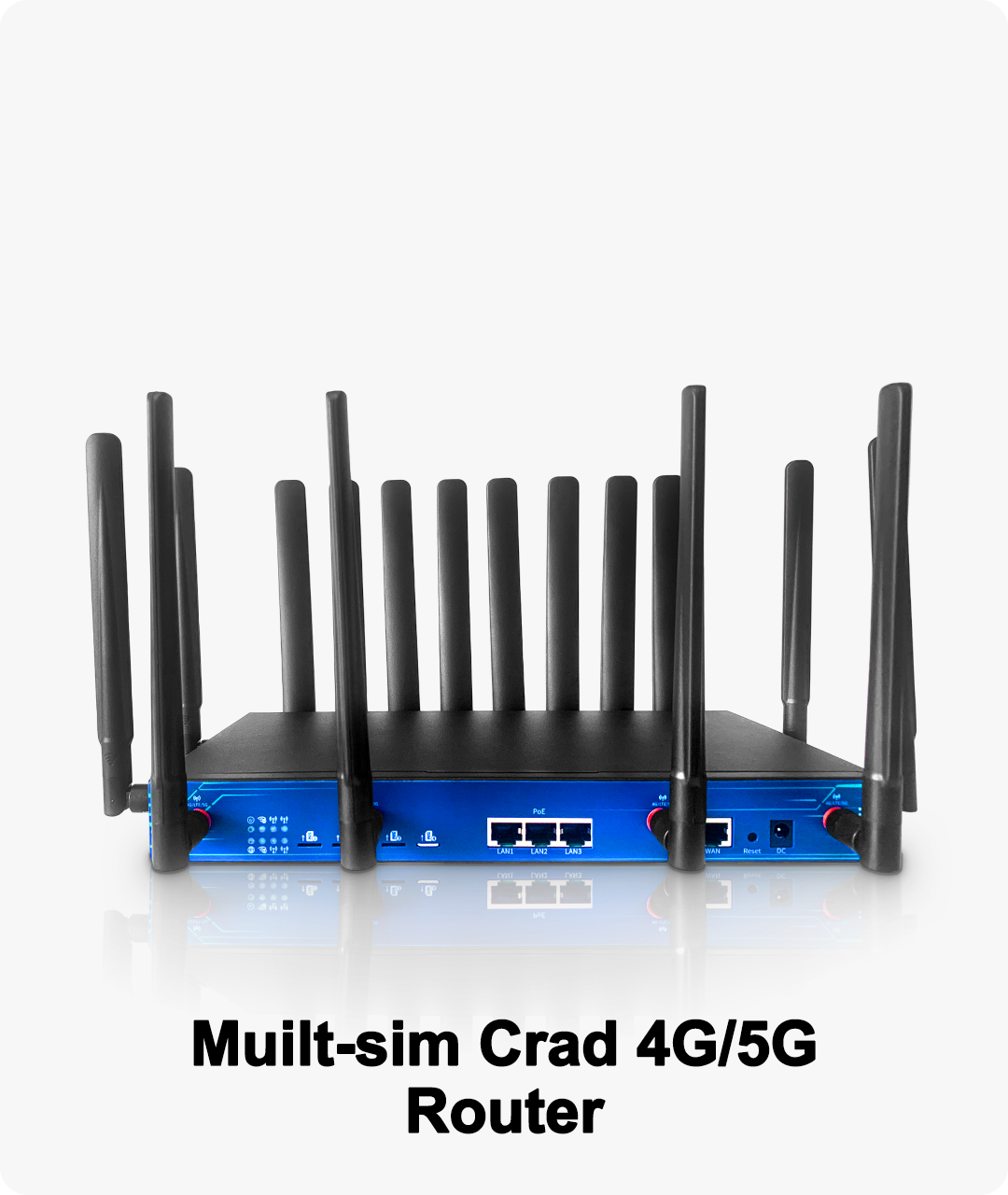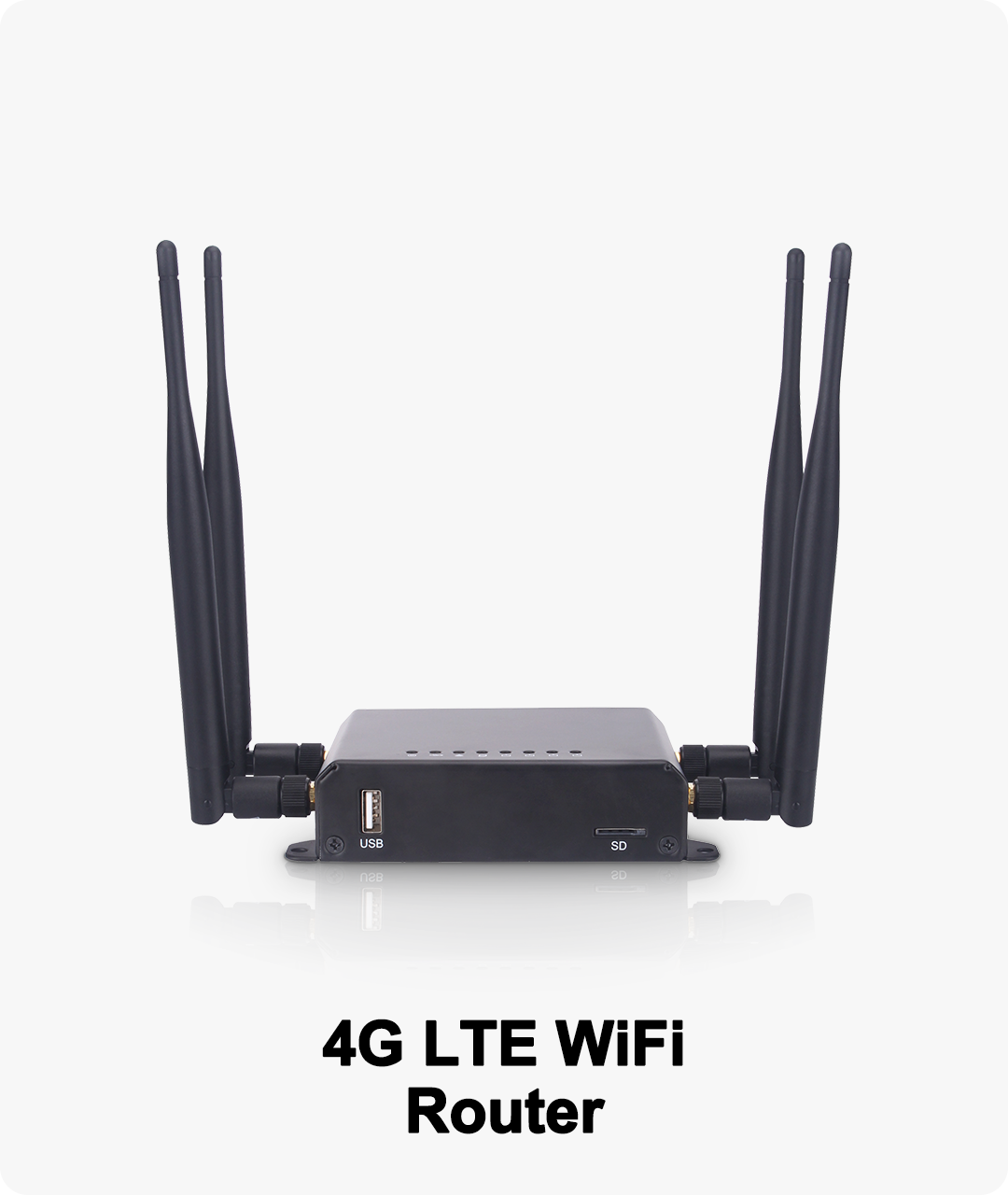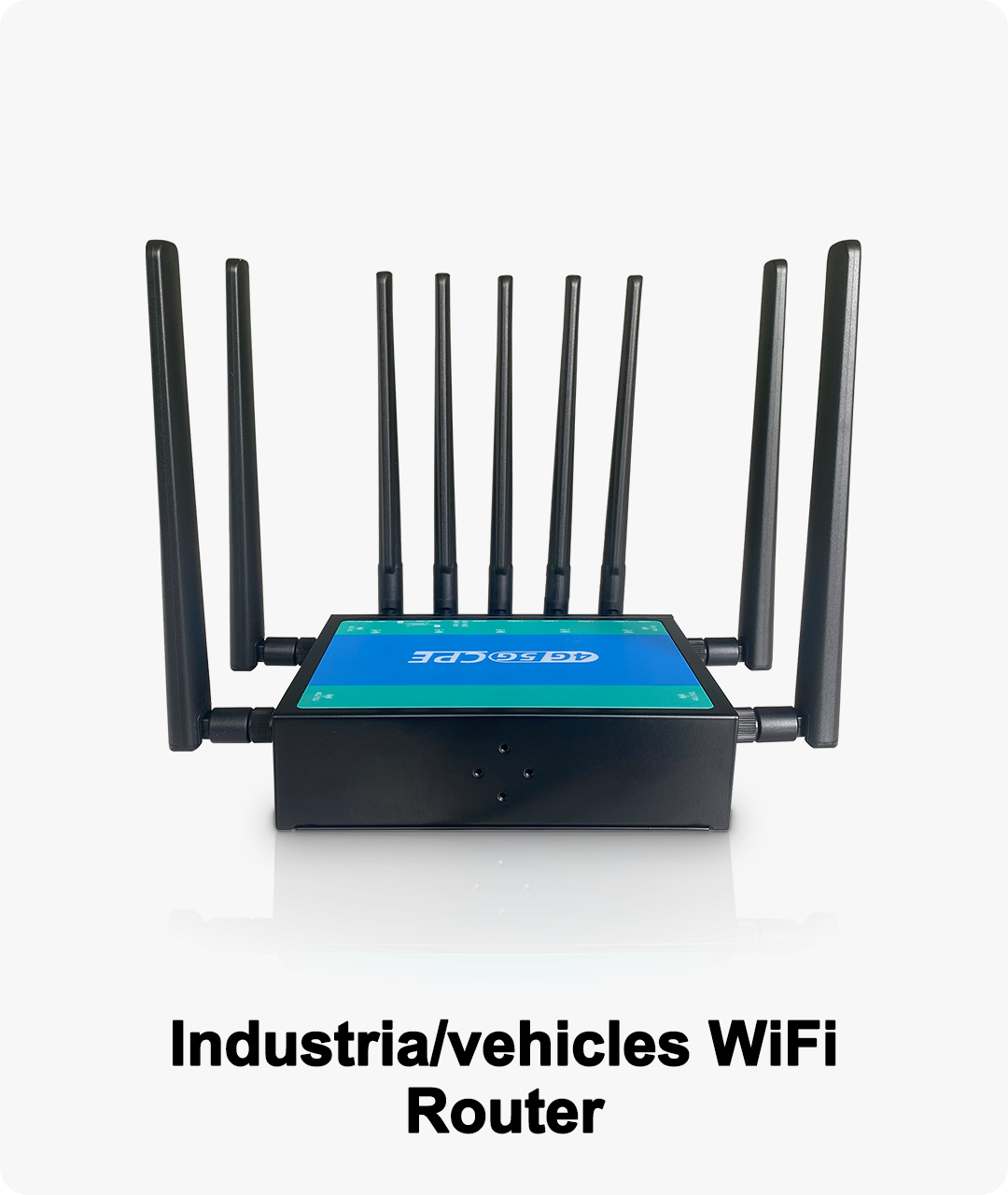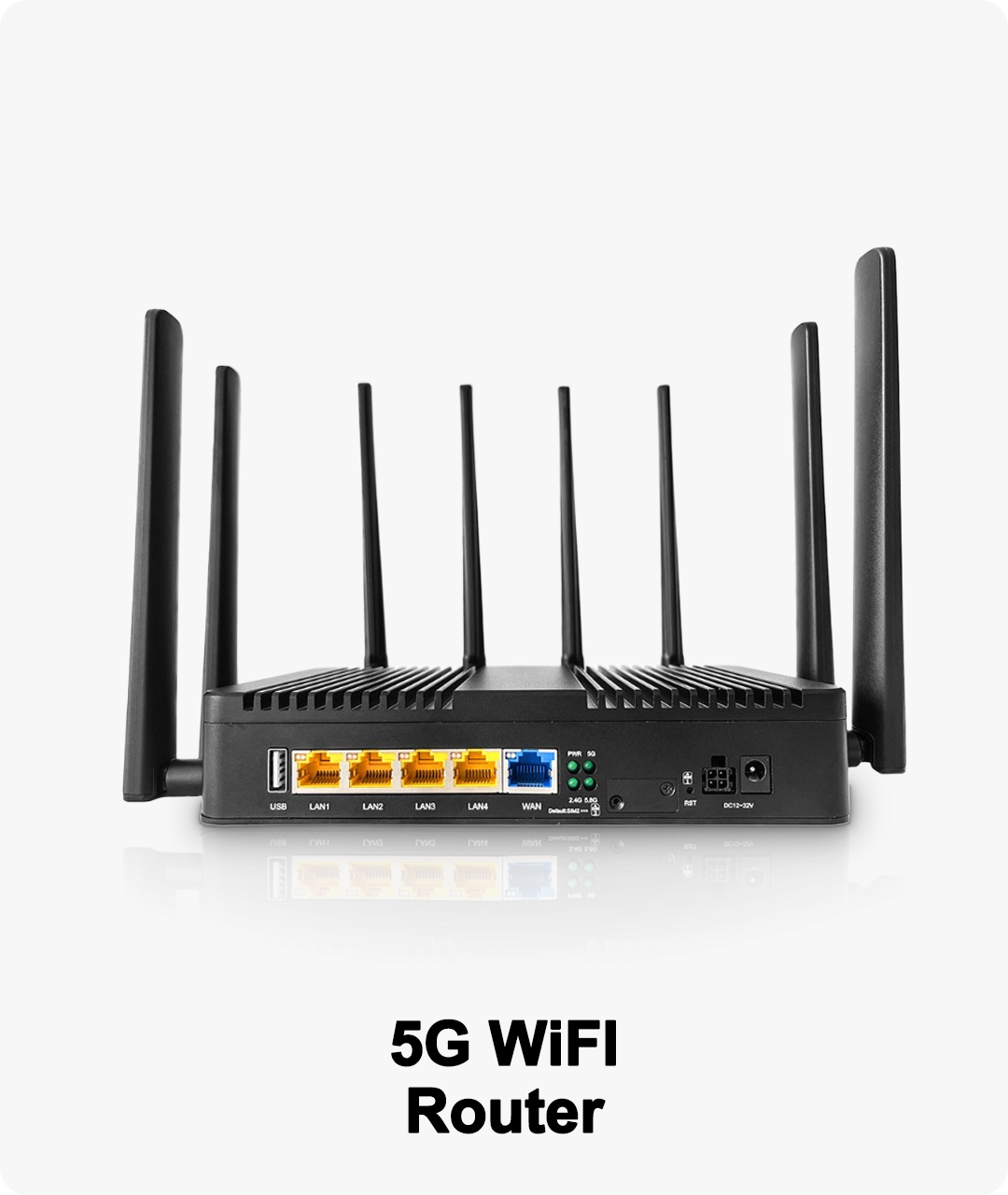D301, Building D, No. 54-6, Guanlan Avenue, Xinhe Community, Fucheng Street, Longhua District, Shenzhen ,China


How Does a 4G Router Support Life on the Move?
A 4G router operates by inserting a local SIM card, which enables it to access 4G cellular data wherever there’s coverage. The router then broadcasts a private Wi-Fi signal for your devices.
Main advantages:
No public Wi-Fi risk: Your own secure network—no need to rely on unsecured hotel or airport hotspots.
Support for multiple devices: Unlike phone tethering, a 4G router can connect your laptop, tablet, phone, and more at the same time—ideal for families or work teams.
Strong, stable signal: Dedicated hardware with better antennas and optional battery backup means less dropped connections and longer online time.
Portability: Many 4G routers are compact and lightweight; some have built-in batteries for true mobility.
Common Travel Scenarios
Road trips: Stream music, navigate, and keep passengers entertained in the car.
Business trips: Set up a mobile office in minutes—great for hotels, conventions, or client meetings.
Remote work: Stay productive from a mountain cabin, the beach, or anywhere with a 4G signal.
For a deeper dive into 4G technology, see What is 4G?
Travel Pro Tips
Get a local prepaid SIM at your destination for better rates and speed.
Use a VPN over your 4G Wi-Fi for extra security.
Look for routers with long battery life if you need true unplugged portability.

















